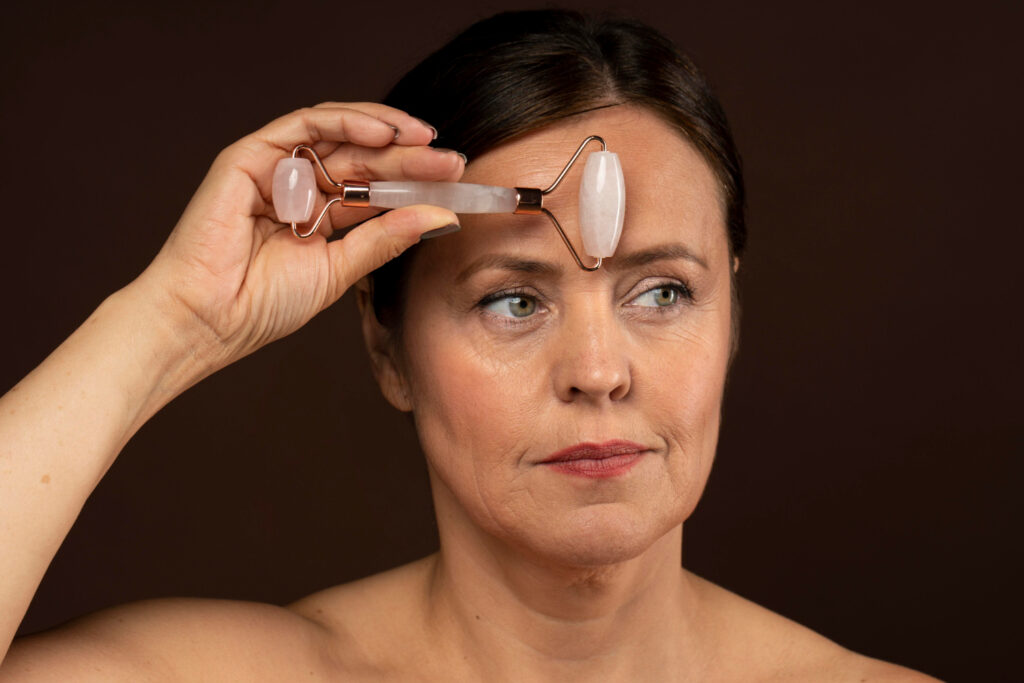
You have a lot of control over how you feel as you grow older—from your heart and eyes to your skin and bones. Understanding what’s natural and taking simple steps can help you delay or lessen the changes.
Your Heart Works Harder
As you age, your blood vessels and arteries stiffen, making your heart work harder to pump blood. This can lead to high blood pressure and other heart issues.
Try This:
Your Skin Feels Different
Aging skin produces less natural oil, feels drier, and loses some fatty tissue, making it seem thinner. You may also notice wrinkles, age spots, and skin tags.
Try This:
You Find It Harder to See and Hear
You may struggle to focus on close objects, need reading glasses, see more glare, or have difficulty adjusting to changes in light. Hearing high frequencies or following conversations in crowded rooms may become challenging.
Try This:
Your Teeth and Gums Change
Gums may recede, and some medications can cause dry mouth, increasing the risk of tooth decay and infections.
Try This:
Your Bones Become More Brittle
Bones begin to weaken in your 40s and 50s, becoming less dense and more prone to fractures. You might also lose height as spinal disks shrink, and joints may feel stiffer due to decreased fluid and cartilage.
Try This:
Going to the Bathroom
Urinary incontinence, affecting about 10% of those 65 or older, may cause leakage when coughing or sneezing. Constipation can result from conditions like diabetes or medications.
Try This:
It’s Harder Getting Around or Staying Strong
Aging reduces muscle mass, leading to weakness and reduced activity.
Try This:
Your Sex Life Changes, Too
Women may experience dryness and less elastic vaginal tissues during menopause, while men may have difficulty maintaining erections due to health conditions or treatments.
Try This:
While we can’t turn back the clock, patience, care, and smart lifestyle changes can help us make the most of our bodies as we age.
©2024. Health Topics. All Rights Reserved.